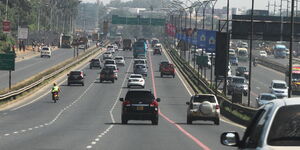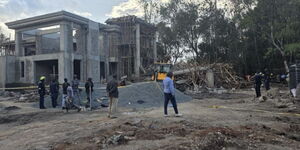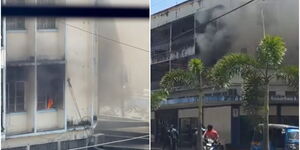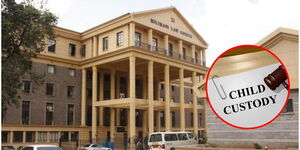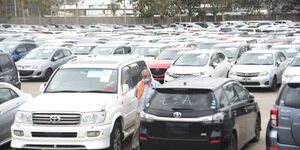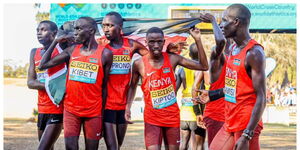The government has officially chartered Dadaab and Kakuma refugee camps into municipalities, ending their status as temporary camps after more than three decades.
Interior Cabinet Secretary Kipchumba Murkomen confirmed the change on Thursday during an IGAD inter-ministerial meeting in Nairobi on November 27, 2025.
The meeting was the third Ministerial Stock-take of the IGAD Support Platform, and it mainly focused on assessing how far member states have moved in implementing the Nairobi Declaration on refugees and displaced persons.
Murkomen detailed the Shirika Plan's progress, stating that great strides are being made in fulfilling the commitment to strengthen self-reliance and socio-economic inclusion of refugees and host communities.
He explained that the Shirika Plan aimed to establish a comprehensive framework to integrate refugees and host communities into Kenya's national systems, guaranteeing them access to essential services such as education, healthcare, and livelihood opportunities through government structures at both national and county levels.
The CS added that officially chartering Dadaab and Kakuma as municipalities opens the door to major infrastructure upgrades that will benefit refugees and residents alike.
As of October 2025, Kenya hosted 843,907 registered refugees and asylum-seekers. Dadaab currently has 420,674 residents, while Kakuma and the neighbouring Kalobeyei settlement accommodate 302,372, according to the latest UNHCR figures.
President William Ruto launched the Shirika Plan on March 25, 2025, which was projected to cost approximately KSh 140 billion, with the bulk of the funding coming from the World Bank, the European Union, Germany, Denmark, and the United States.
Immediate changes already in force include the issuance of Class M work permits to refugees, the scrapping of movement passes that previously restricted them to camp areas, and the enrolment of thousands of refugee children in public primary and secondary schools in Garissa and Turkana counties.
Health and education services are being progressively handed over from UNHCR to the two county governments, with complete transfer scheduled for completion by December 2027.
Local leaders have welcomed the promised infrastructure but insist host communities must come first. Turkana Governor Jeremiah Lomorukai stated in July 2025 that any job created under Shirika must first go to a Turkana youth. Garissa County leaders have raised similar concerns over water and grazing land.
At the IGAD meeting, ministers also endorsed a new Regional Solutions Strategy for Sudanese and South Sudanese displaced persons and recommitted to creating conditions for the safe, voluntary return and reintegration of these individuals in their countries of origin.


